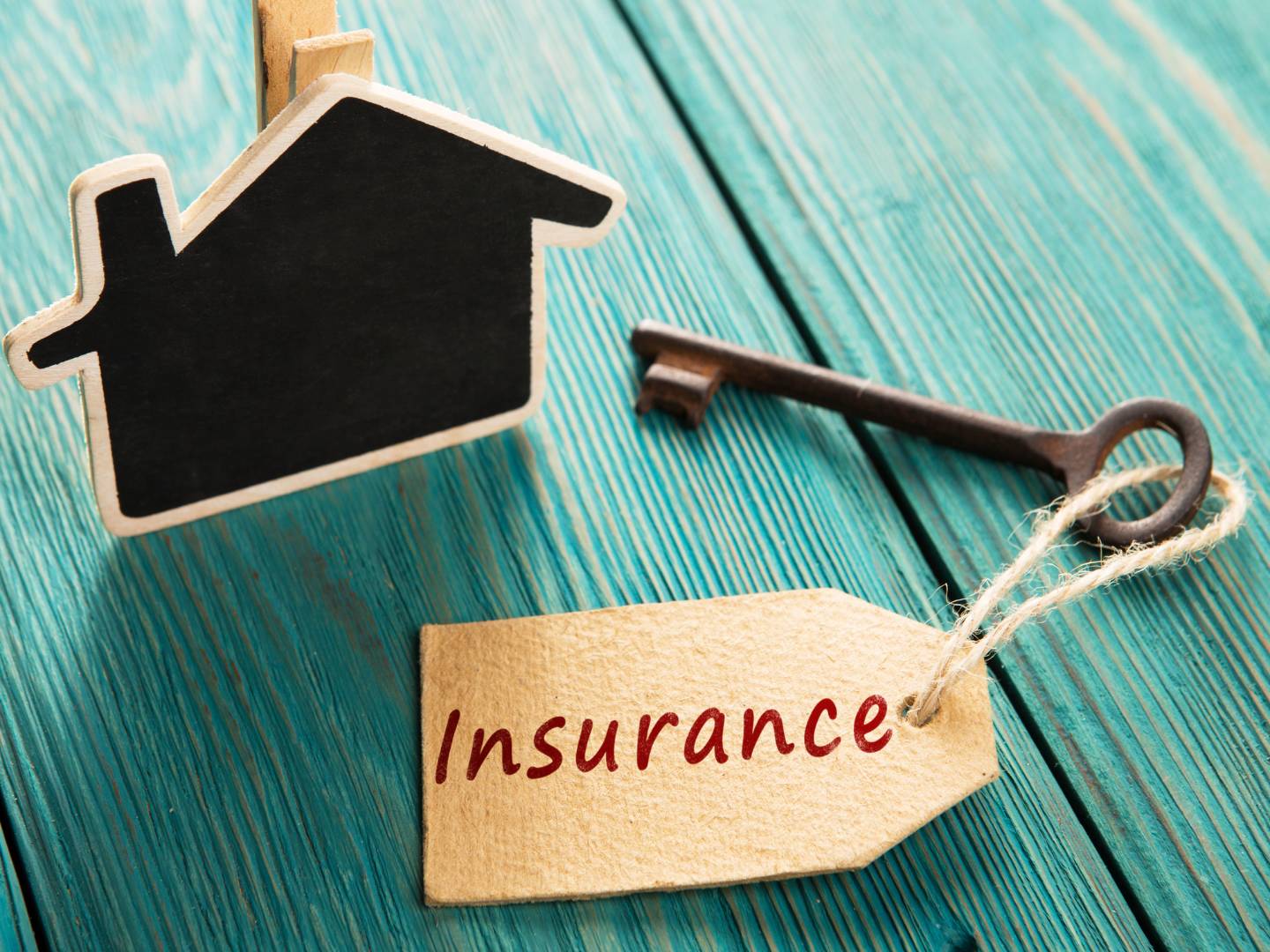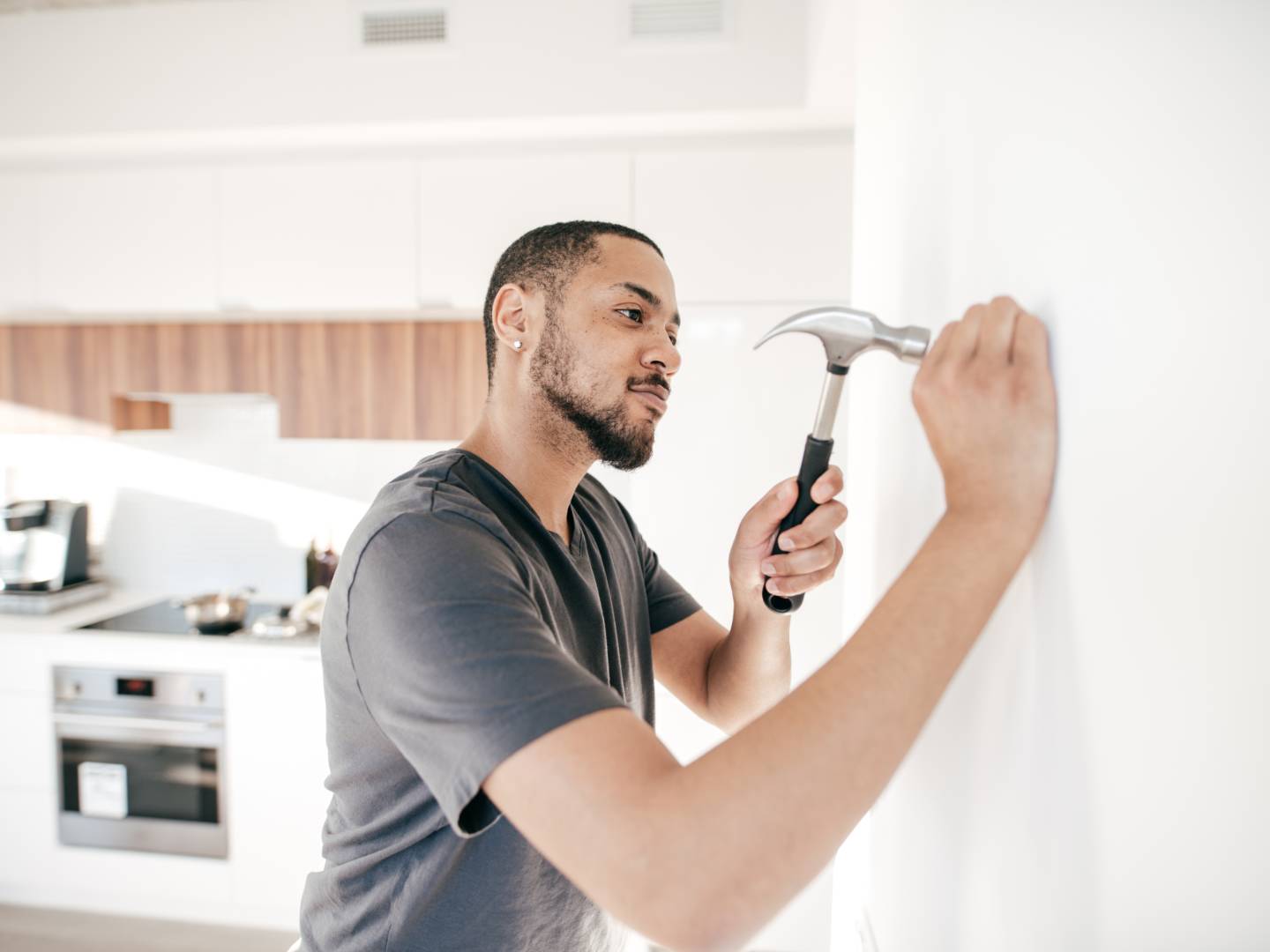How to calculate rental yield and maximise your ROI
Learn what rental yield is, how to calculate it, and how to increase it for your buy-to-let investment.
Angelina
As a property owner, it's essential to understand the different financial aspects of your investment. One of the most important indicators of your investment's profitability is rental yield. In this article, we'll explain what rental yield is, how rental yield is calculated, and how it can help you make informed decisions about your rental properties.
What is rental yield?
Rental yield measures the return on investment (ROI) you can expect from a rental property. It’s the ratio of annual rental income to the property's value, expressed as a percentage. In other words, it shows how much income you can generate relative to the cost of your investment.
Why is rental yield important for landlords?

1. Comparing investments: Rental yield is a useful tool for comparing different investment options. It allows you to determine which one of the considered properties will bring a better return based on your investment strategy.
2. Establishing monthly rent: If you have a desired rental yield in mind, you can easily determine the expected rental income for your property using the rental yield formula.
3. Evaluating performance: Rental yield can also be used as a benchmark to track the performance of your property over time. By comparing your current rental yield to previous years, you can determine if your property is performing better or worse and adjust your strategies accordingly. For example, you may decide to sell the property, invest in property upgrades, or adjust your marketing efforts to attract tenants.
How is rental yield calculated?
Rental yield is calculated by dividing the annual rental income by the property's value and expressing the result as a percentage. Here's the formula:

For example, if a property generates an annual rental income of £12,000 and its value is £500,000, the rental yield would be 2.4%:
Rental yield = (£12,000 / £500,000) x 100 = 2.4%
What is the difference between net and gross rental yield?
There’re 2 types of rental yield: gross rental yield and net rental yield.
Gross rental yield only considers the rental income and the property value. In contrast, net rental yield considers all the costs associated with being a landlord, such as property maintenance, insurance, property management fees, taxes, and utilities (if not included in the rent).
So, to calculate net rental yield, you first need to subtract your annual costs from the annual rental income. Divide the result by the property's value and multiply by 100. That can give you a clearer picture of your return on investment.
Let’s calculate the net rental yield using the previous example. Let's say your annual expenses total £3,000 per year. Here’s how it would look:
£12,000 - £3,000 = £9,000 £9,000 ÷ £500,000 = 1.8%
So, the net rental yield for this property is 1.8%. This is the yield that would be left over after taking into account all the expenses associated with being a landlord.
What's a good rental yield in the UK
As of the beginning of 2023, the average gross rental yield in the UK is around 4.76%. However, rental yields vary depending on location, property type, and the local rental market.
Properties in high-demand areas with good transport links and amenities tend to command higher rents and generate a higher rental yield. However, the expected high growth in house prices can negatively impact the rental yield in popular cities. For example, in London, average rental yield is between 2.05% - 6.04% which is relatively low.
As we move into 2023, the cost of living crisis will likely impact the expenses associated with being a buy-to-let landlord. This includes increased labour costs, higher costs for repairs, etc. These factors may affect rental yields across the country.
So, what can be considered a good rental yield in 2023? The answer is subjective and depends on your expectations and profit goals.
As a rule of thumb, a gross rental yield of around 6% is considered to be a good return on investment in the UK.
Note that a high gross rental yield doesn't always mean a high return on investment (ROI), as it doesn't consider costs such as property maintenance, insurance, and taxes.
Average gross rental yields in the major cities in the UK:
- London: 4.29%
- Birmingham: 5.17%
- Manchester: 6.18%
Use Telegraph's map tool to check rental yields in the location of your interest.
Maximising your rental yield

Here’re some tips for increasing your rental yield:
1. Location, Location, Location: Choose a sought-after neighbouhood with good job or study opportunities, transport connections and amenities. That will allow you to charge higher rents and generate a higher rental yield.
2. Maximise rental income: You can increase your rental income by renovating your property and adding value to it. For example, modernise the kitchen and bathrooms or install energy-efficient appliances.
3. Price it right: Setting the right rental price is crucial in attracting tenants and maximising your rental yield. Research rental prices in your area, and make sure you're pricing your property competitively.
4. Consider multi-tenancy: With multi-tenancy properties, such as HMOs (houses in multiple occupations), you can rent out various rooms to multiple tenants. This can generate a higher rental yield than single tenancies. However, be sure to research the legal requirements and regulations for HMOs in your area.
5. Diversify your portfolio: Diversifying your portfolio by investing in different property types and locations can help you manage risk and increase your rental yield over the long term.
Overall, it's essential to regularly review and assess your rental properties and to identify opportunities for improvement.
Now that you know how to calculate your gross and net rental yield, you can make informed decisions about your rental properties and take steps to maximise your return on investment.
This article is for informational purposes only.
This article is for informational purposes only. Please consult the appropriate authorities for the latest updates or a lawyer for legal advice.
Related articles
In this article
Maximise ROI when renting out your property
Advertise unlimited rental listings for free and only pay a 25% fee once the tenant books your property.
List your property for free

